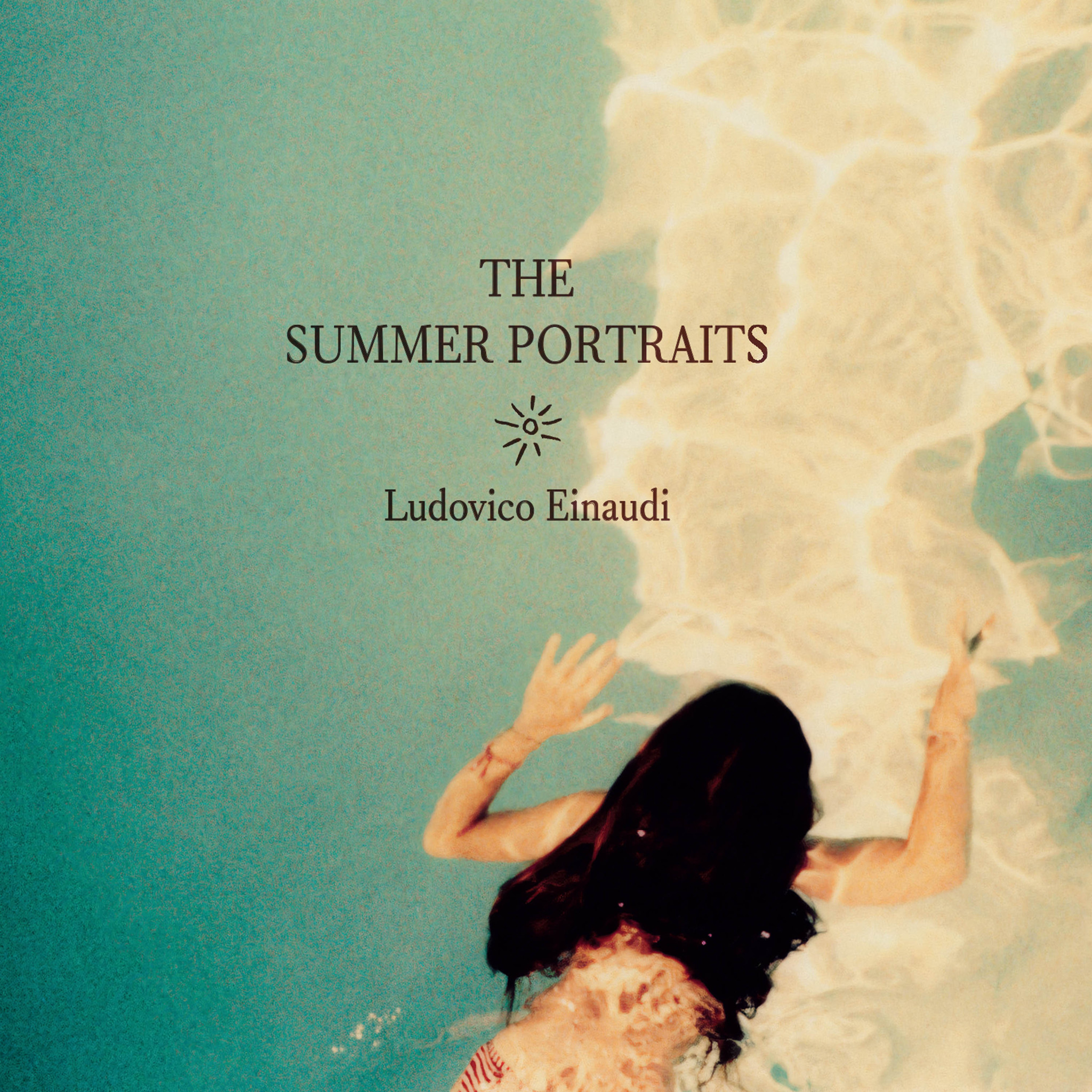Listen to the article's playlist as you read:
“This album is dedicated to all our endless summers memories, all our beautiful moments”, Ludovico Einaudi says.
Spending a summer vacation in a rented villa on a Mediterranean island, the lauded Italian pianist and composer found a number of beautiful oil paintings lining the house’s walls.
They were created by a woman who had once owned the property and spent her summers there painting, leaving her creations in the house.
“I started to think at my summers, the time where my life was strictly connected with all my senses, where the days felt like months and months like years, and I was free from morning to night, and every day was a new discovery of life, and nature was a fundamental part of it, we were nature”, Einaudi gushes.
“And I thought that everyone has their own version of the summer portraits. A beautiful season connected with the best moments of our lives. So I started to make my own paintings with music.”
The results of this process will be released in January 2025 on his 17th studio album, “The Summer Portraits”. The video to the first single “Rose Bay” contains private archive footage from Einaudi’s own childhood holidays.
The Italian might be the most successful composer of the streaming age. His music is not just listened to more than any other contemporary classical composer’s; it’s also all over social media, soundtracking the users’ most intimate, vulnerable, and joyous moments.
While his work focuses on being listenable and pleasurable, you shouldn’t confuse him with a faceless work-for-hire composer churning out harmless études aimed at lean-back playlists.
Einaudi is a much more than – a phenomenon, a true superstar of classical music. His concerts sell out within minutes; in summer 2025, he will play five consecutive nights at London’s Royal Albert Hall. These record-breaking shows will be witnessed by 26,000 people.
What makes him so successful across generations is his ability to transform complex emotions into masterfully simple pieces. Inspired by the tradition of minimalism in modern classical but also by global pop music, he writes pieces that manage to nail a certain feeling you’d be hard pressed to even find words for. It’s definitely a cliché to say that music is a language describing emotional landscapes, but listening to Einaudi’s compositions, one will inevitably find a certain truth at its core.
The pianist started composing as a teenager and received his first musical training at the renowned Milan Conservatory. Afterwards, he started additional studies with the experimental composer Luciano Berio, who taught him the basics of orchestration and inspired him to look towards influences from African music and popular music.
Finding early success with compositions and film scores throughout the 1980s and 1990s, his 2001 solo piano piece “I Giorni” really pushed Einaudi’s career to the next level when chosen for a BBC advert on its arts and culture programmes. A handful of classic albums followed in the 2000s; in the 2010s, Einaudi reinvented himself by adding synthesised sounds and electronic elements to his distinctive palette.
While his music has definitely profited from the advent of music streaming, something in his compositions makes them stand out from billions of peaceful piano tracks. It’s rare that an artist becomes popular through focus or wellness playlists – their streamcounts don’t usually translate into actual fandom.
With Einaudi, the case lies differently though. First of all, he had a career long before streaming playlists. And secondly, he never followed a trend. You could actually say he created it – in that way, his compositions are the original peaceful piano music.
Elitists and musicologists might look down their noses at the simple arpeggios that Einaudi’s piano playing is often based on. But the deep emotionality of his dreamy melodies just can’t be denied. Other composers might write more complex, more virtuosic pieces and in turn get more acclaim from their peers – while Einaudi touches people’s hearts and gets applause from his passionate fans across all generations.
With his “Summer Portraits”, he delivers a late-career masterpiece that probably will divide critics once again, but surely be warmly embraced by his massive following.


